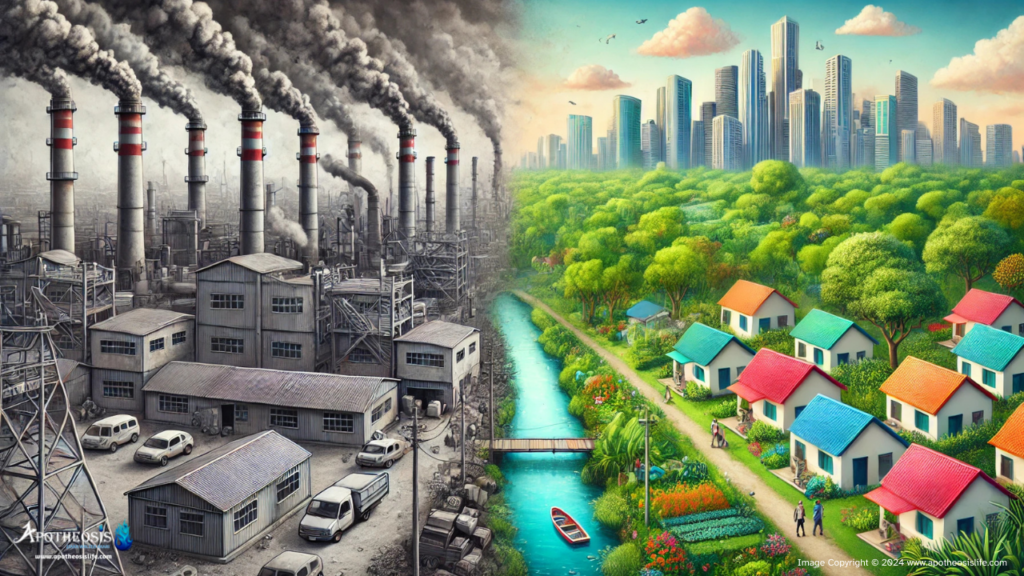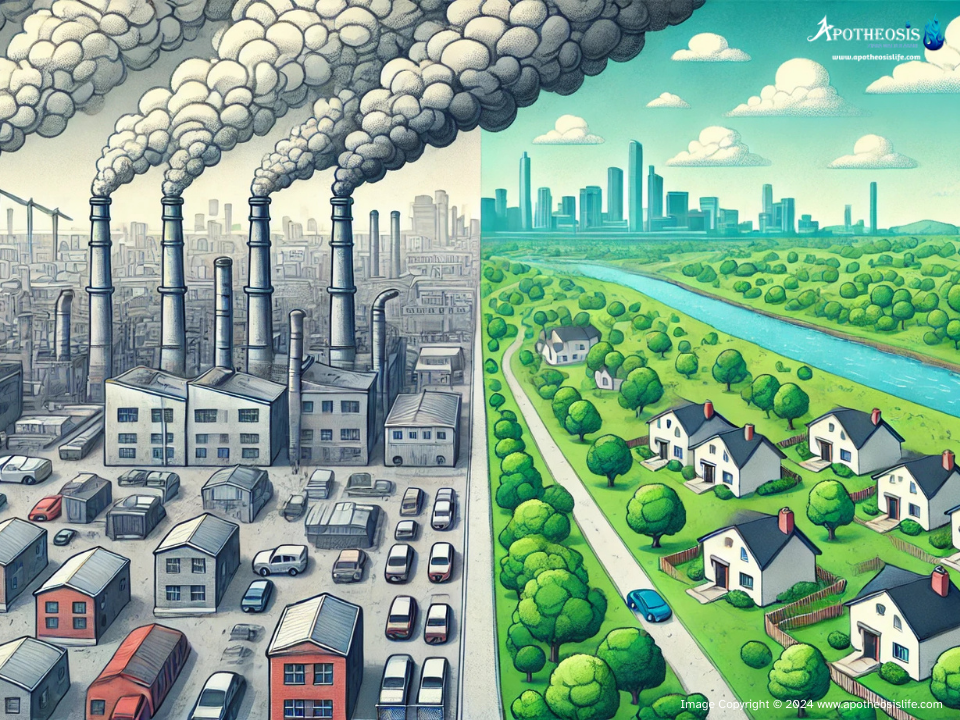Environmental degradation does not affect everyone equally. Marginalized communities, particularly in developing nations or underserved urban areas, often face the brunt of environmental impacts. These communities are more vulnerable to pollution, climate change, and resource scarcity. Addressing these inequities is crucial for achieving environmental justice, ensuring that everyone has equal access to clean air, water, and a safe living environment.
Environmental Inequities: A Global Issue
Pollution Exposure: Low-income and minority communities are more likely to live near industrial sites, landfills, or high-traffic areas, exposing them to greater levels of air and water pollution. For example, in many urban areas, neighborhoods with low socioeconomic status often have higher concentrations of pollutants, leading to increased rates of respiratory diseases and other health issues.
Climate Change Vulnerability: Marginalized populations are also disproportionately affected by climate change. Coastal communities, especially in developing countries, are more vulnerable to rising sea levels, while regions that depend on agriculture may face food insecurity due to extreme weather patterns. These communities often lack the resources to adapt, making them more susceptible to the long-term impacts of climate change.
Resource Scarcity: In many regions, access to natural resources like clean water, arable land, and energy is limited for marginalized groups. This scarcity exacerbates poverty and prevents communities from escaping cycles of environmental degradation and economic hardship.

Image Copyright © 2024 www.apotheosislife.com
Environmental Justice: A Path to Equity
Policy Changes and Community Engagement: Achieving environmental justice requires targeted policies that address the needs of vulnerable communities. Governments must engage with these communities to understand their specific challenges and collaborate on solutions. This includes creating regulations that reduce pollution in heavily impacted areas, investing in green infrastructure, and providing resources for climate adaptation.
Equitable Distribution of Resources: Environmental justice also involves ensuring that the benefits of sustainable development, such as clean energy and green jobs, are distributed equitably. Transitioning to a low-carbon economy should not leave marginalized communities behind; instead, they should be active participants in this transition.
Access to Clean Energy and Water: Providing access to clean energy sources like solar and wind power can help reduce energy poverty in underserved regions. Similarly, investing in water infrastructure can ensure that all communities have access to safe drinking water, improving overall health and quality of life.
Global and Local Solutions
International Collaboration: Addressing global environmental inequities requires collaboration between nations. Developed countries, which historically have contributed more to global emissions, have a responsibility to support climate adaptation and mitigation efforts in developing countries. This can be achieved through financial aid, technology transfer, and capacity-building initiatives.
Local Solutions: At the local level, governments and organizations must prioritize the needs of marginalized communities in environmental decision-making. Community-led initiatives, such as urban farming, renewable energy cooperatives, and conservation efforts, can empower these populations to take control of their environmental futures.
Environmental justice is about more than just addressing pollution or climate change; it’s about ensuring that all people, regardless of their background, have the right to live in a healthy and sustainable environment. By addressing the inequities in environmental impact, we can create a fairer, more resilient future for everyone.
Details of the Featured Image
An image contrasting a polluted industrial neighborhood with a clean, green one, highlighting the stark disparities in environmental impacts across communities.
Image Copyright © 2024 www.apotheosislife.com
Author
Ziara Walter Akari
© www.apotheosislife.com
